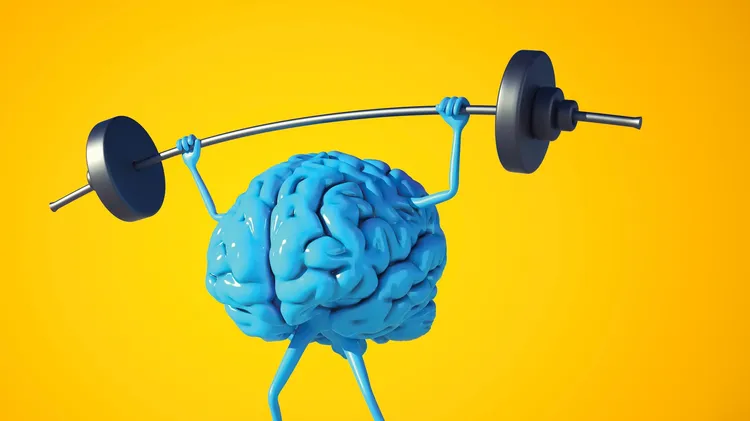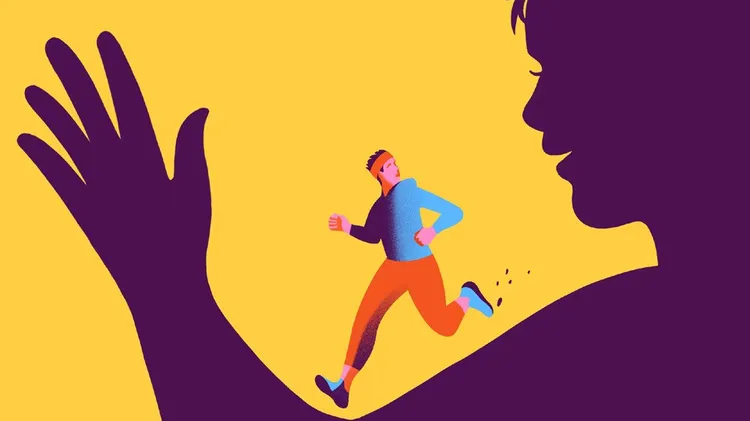We all know that working out m
Struggling to find the motivation to exercise? blame your brain
3 min read
This article is from...
Read this article and 8000+ more magazines and newspapers on Readly






